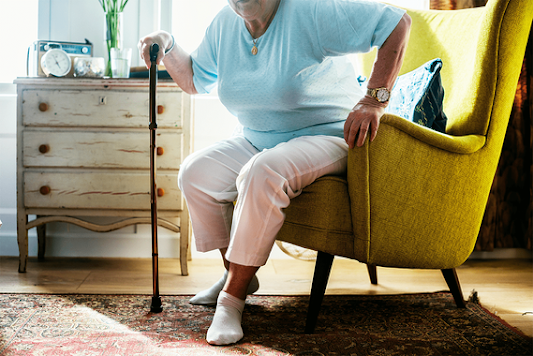Heart disease isn’t just a men’s health issue—it’s the leading cause of death for women. Yet, many women over 60 don't realize that their symptoms can look very different from men’s. While chest pain is a well-known warning sign, women often experience more subtle symptoms that can be easy to overlook.
For seniors in retirement communities Beaverton, OR, knowing these early signs can help you take action before a small issue turns into something serious.
Why Heart Disease Symptoms Look Different in Women
Women’s hearts are smaller, and their arteries respond differently to plaque buildup and stress. This means that while men may experience sudden, crushing chest pain, women often develop symptoms that are more gradual and harder to pinpoint.Many women dismiss early warning signs, assuming they’re just tired, stressed, or dealing with normal aging. In senior living paying attention to your body can be life-saving.
Subtle Signs of Heart Disease in Women
Unexplained Fatigue
- Feeling exhausted after normal activities
- Struggling to get through the day despite resting well
Many women report extreme fatigue weeks before a heart attack, often describing it as feeling "wiped out" without reason.
Shortness of Breath
- Becoming winded while climbing stairs or doing light activity
- Feeling out of breath when lying down
Discomfort in the Neck, Jaw, or Back
- Pain or pressure that comes and goes
- Discomfort that isn’t linked to movement or muscle strain
Nausea or Indigestion
- Feeling queasy or experiencing stomach pain
- Heartburn-like discomfort that doesn’t go away
Dizziness or Lightheadedness
- Sudden dizziness when standing up or moving
- Feeling faint for no obvious reason
What to Do If You Notice These Symptoms
When in independent living, if something feels "off," don’t ignore it. Trust your instincts. Many women downplay their symptoms or assume they're overreacting, but early detection can prevent serious complications.- Track your symptoms – Write down what you’re experiencing and how often it happens.
- Schedule a check-up – Don’t wait until symptoms worsen. A doctor can run tests to check for heart issues.
- Know your risk factors – High blood pressure, diabetes, smoking, and family history all increase the risk of heart disease.

.jpg)
.jpg)















